Sally Field reflects on her past 'In Pieces,' childhood secrets and wrenching realities
The Academy Award-winning actress spoke with ABC News' Diane Sawyer.
Award-winning actress Sally Field has been a household name on screens big and small for years as a strong, all-American icon.
She first charmed audiences as a teenager when she won the titular role on the TV show “Gidget,” playing an impossibly innocent girl next door.
What people didn’t see was the truth of her life off-screen.
But for the first time, she is sharing the truth about what she says was a childhood of dark uncertainties, including abuse at the hands of her stepfather.
“You know, child abuse, sexual child abuse, any child abuse, but sexual child abuse it -- I think one of the reasons it is, at least my point of view, it's so damaging -- is because it's so complicated. There isn't just one feeling,” Field told ABC News’ Diane Sawyer in an exclusive interview.
Watch more of Diane Sawyer's interview with Sally Field on "Nightline" TONIGHT at 12:35 a.m. ET
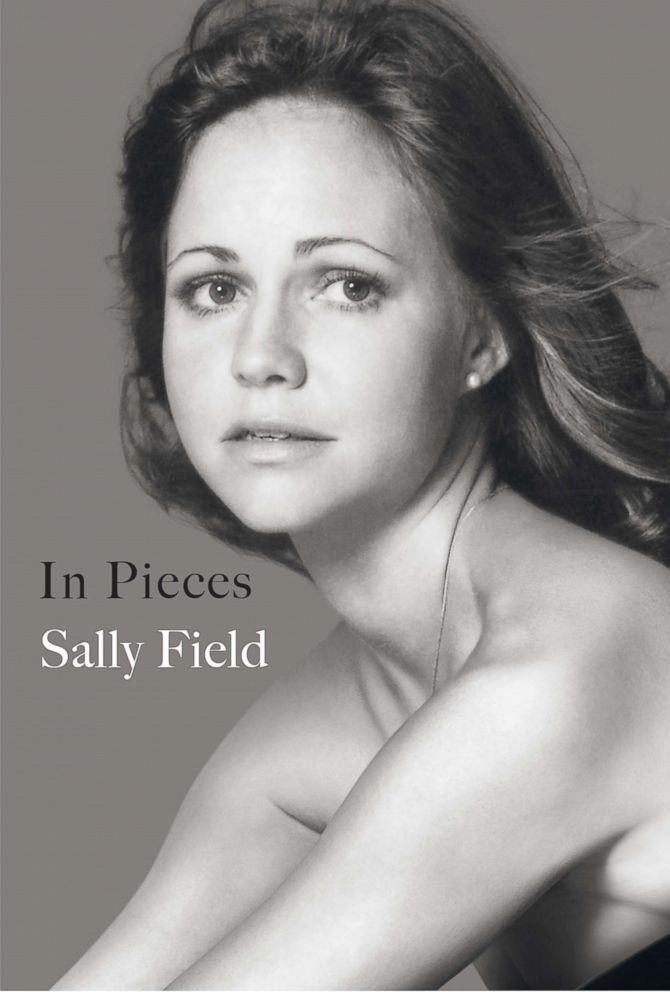
The two-time Oscar and three-time Emmy winner said her beloved mother married her stepfather, a 6-foot-4 actor and stuntman named Jocko Mahoney, when she was 4 years old. She said the abuse continued until she was a young teen and affected her the rest of her life.
Field said she long wondered if her mother, whom she said glowed like “honey in a glass jar,” ever knew what had happened. It would be decades before she found the nerve to ask.
“And how, then, do you grow up and have any sort of understanding of what healthy sexuality is,” she continued. “Or how is it not always connected to danger? Always connected to danger, shame and loss ... kind of the loss of self.”
In her memoir, “In Pieces,” which is out Tuesday, the celebrated actress describes how she wrestled with the childhood pain, confusion and loneliness for most of her life.
She also writes about struggling with periods of depression, sudden rages and binge-eating, as well as how starring in the 1960s sitcom “The Flying Nun” made her a household name, but also made her a joke to those she most admired in the acting community.
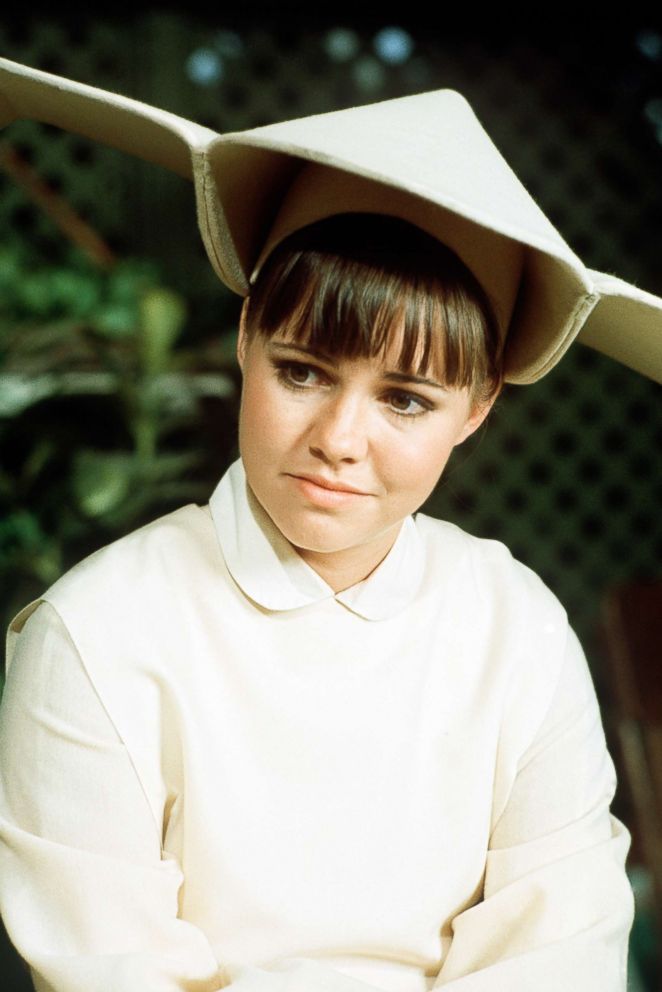
When she was finally invited to the Golden Globes, Field said she wore a homemade dress and was reluctantly made to fly through the auditorium and onto the stage, wearing a harness, like her “Flying Nun” character.
“My mom made the dress the night before,” Field said. “I was wearing a pink taffeta culottes outfit. ... My hair was in ringlets. I mean, what on Earth was I thinking?”
“I'm flying across the Coconut Grove, looking down at everyone I wanted to know and be. ... And I had to fly into the arms of John Wayne,” she continued, laughing. “And he braces himself and he catches me, and it was a moment in time.”
After “The Flying Nun” ended in 1970, Field struggled and fought to land the more serious roles she wanted. She had breakout performances as the lead character in the 1976 TV miniseries “Sybil,” for which she won an Emmy, as well as other strong female characters in “Norma Rae” (1979), M’Lynn in “Steel Magnolias” (1989) and Miranda in “Mrs. Doubtfire” (1993), among others. Field won the Best Actress Oscar for her starring roles in "Norma Rae" and "Places in the Heart (1984).
“It is a lifetime of work and struggle and success and failure,” Field told Sawyer. “And the times when you feel absolutely slammed to the ground with defeat or disappointment or loss, just hopeless ... it’s up to you to be in pain and feel it and stand up and move again.”
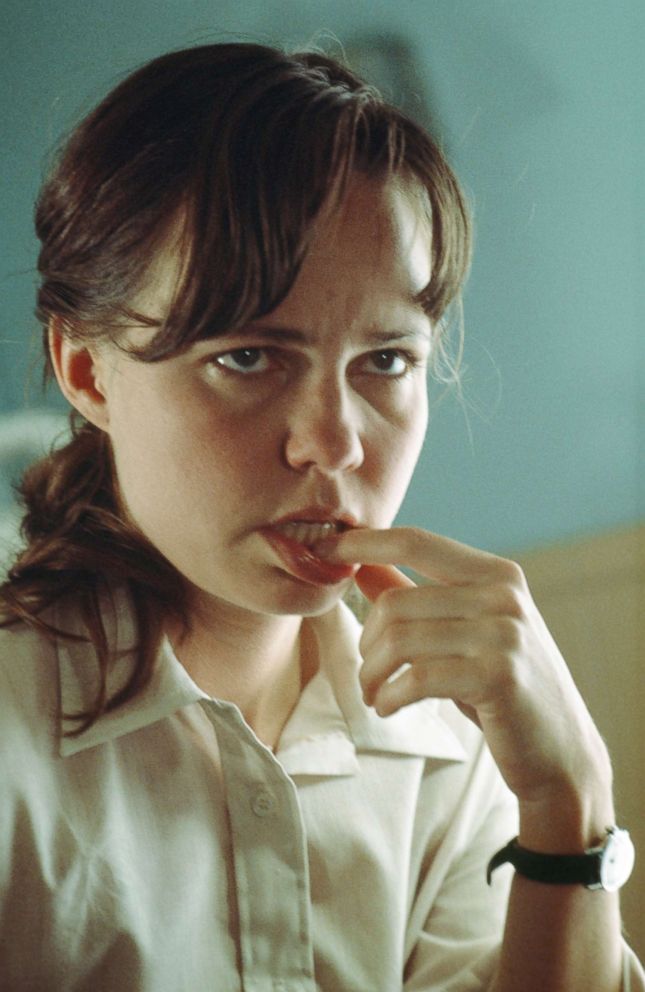
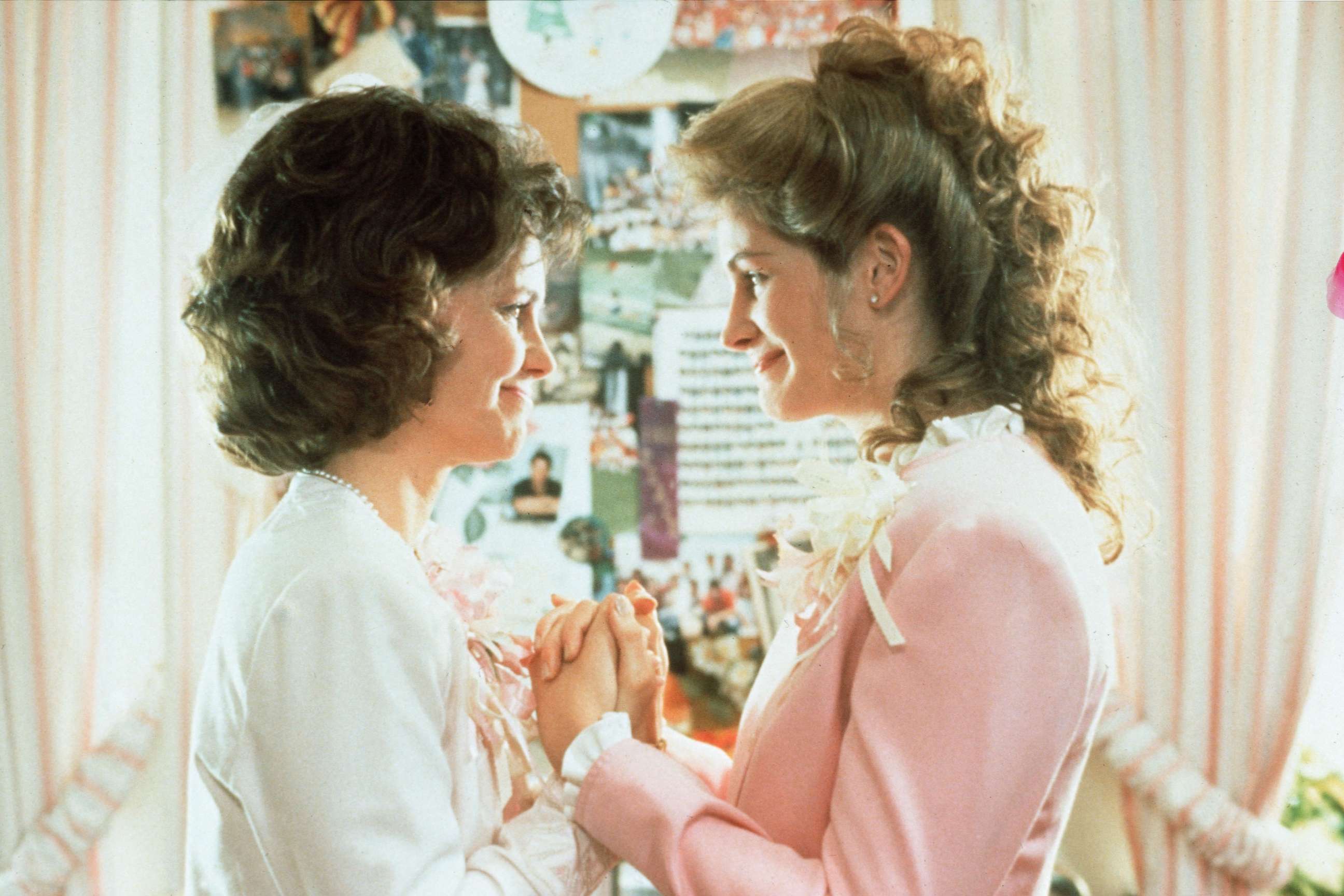
Another piece of her past bubbled to the surface recently with the death of Burt Reynolds, a TV and movie star and sex symbol of the ‘70s and ‘80s, who died 10 days ago.
Field met him after he chose her to star alongside him in the 1977 film “Smokey and the Bandit.” Their connection was immediate, Field says.
“We'd known each other about three days, four days at that point,” she said, as she watched a scene from “Smokey and the Bandit.” “But ... it was instantaneous, and four days felt like four years. ... You can see in our faces. We were sort of deeply entangled.”
“And the nature of it wasn't just, ‘Oh, this is a love affair,’” she continued. “There was some ingredient between us having to do with my caretaking and him needing to be taken care of.”
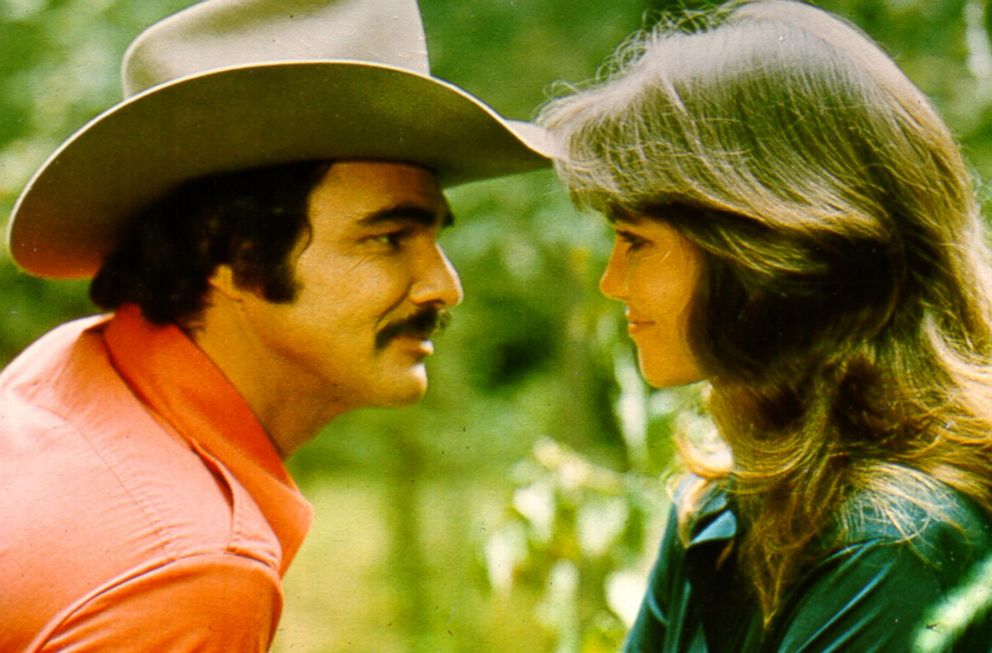
In the book, Field writes about Reynolds’ struggle with panic attacks and taking pills to tame them, she says.
Reynolds famously said in interviews that Field was “the love of my life. ... The most special woman I’ve ever dated.”
“I was always flattered when he said that,” she told Sawyer. “But he was a complicated man.”
After Reynolds died, Field issued a statement, saying, "There are times in your life that are so indelible, they never fade away. They stay alive, even forty years later. My years with Burt never leave my mind. He will be in my history and my heart, for as long as I live. Rest, Buddy."
“Buddy,” she told Sawyer, was not a nickname she had given him, but what everyone in his family called him when he was a young boy.
“It's like the little boy of him, I wanted to finally rest,” she said.



